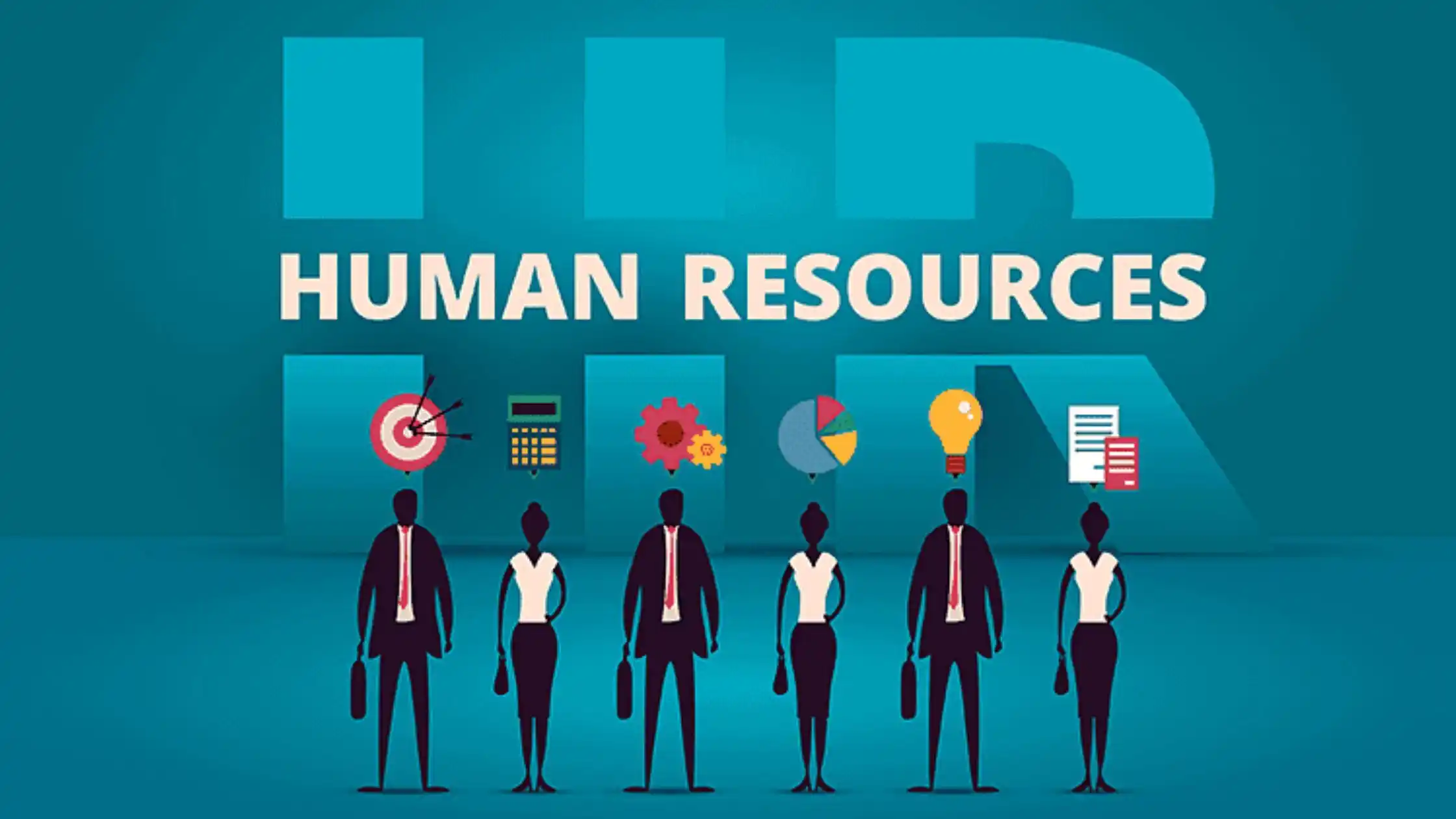Understanding the Crucial Role of Decision-Making Tools in Every Sphere of Life

In today’s rapidly evolving business landscape, making informed decisions is paramount for sustainable growth and success. Business analysis plays a pivotal role in this process, providing invaluable insights that empower organizations to navigate challenges, identify opportunities, and make well-informed decisions. Whether you’re an aspiring business analyst, a seasoned professional, or a stakeholder seeking a deeper understanding, here are essential insights about business analysis and its significance in effective decision-making.
Defining Business Analysis:
At its core, business analysis is the systematic evaluation of an organization’s processes, systems, and workflows to understand its structure, operations, and objectives. It involves gathering, interpreting, and analyzing data to identify problems, opportunities, and solutions.
Role and Responsibilities:
Business analysts act as liaisons between stakeholders—such as clients, management, and development teams—and are responsible for understanding the needs of the business and translating them into actionable requirements. They bridge the gap between technical and non-technical stakeholders, ensuring that everyone’s expectations align with the organization’s goals.

Importance in Decision-Making:
Business analysis is pivotal in facilitating data-driven decision-making. By meticulously examining data, market trends, consumer behavior, and operational metrics, analysts provide critical insights. These insights aid in understanding the impact of potential decisions, mitigating risks, and identifying the most effective strategies for achieving desired outcomes.
Tools and Techniques:
Business analysts employ various tools and techniques to extract meaningful insights. These include SWOT analysis, PESTLE analysis, data modeling, process flow diagrams, stakeholder interviews, and prototyping. Leveraging these methodologies allows analysts to comprehend complexities, visualize scenarios, and present comprehensive reports aiding decision-making processes.
Adaptability and Flexibility:
Given the dynamic nature of business environments, adaptability is crucial for business analysts. They must continuously evolve their skills, stay updated with industry trends, and embrace new technologies to effectively analyze and interpret data for decision-making purposes.

Communication and Collaboration:
Effective communication and collaboration skills are fundamental for business analysts. They interact with various stakeholders, including technical teams, project managers, and end-users. The ability to convey complex technical information in a clear, understandable manner is pivotal in ensuring alignment and consensus among stakeholders.
Continuous Improvement and Innovation:
Business analysis for decision making doesn’t end with a single project or decision. Continuous improvement and innovation are integral components. Analysts should seek feedback, learn from experiences, and refine processes to enhance their analytical capabilities and contribute more effectively to organizational success.
Ethical Considerations:
Business analysts handle sensitive data and information. Upholding ethical standards in data collection, analysis, and reporting is essential. They must ensure data privacy, maintain confidentiality, and abide by industry regulations and organizational policies.
Measuring Success:
Success in business analysis is measured by the impact it has on the organization’s goals and outcomes. Key performance indicators (KPIs) such as improved efficiency, cost reduction, increased revenue, and customer satisfaction serve as benchmarks for evaluating the effectiveness of decisions based on analysis.
In conclusion, business analysis is not just a process but a strategic imperative for organizations aiming to thrive in competitive markets. It equips decision-makers with the necessary insights to navigate challenges, seize opportunities, and steer the company toward its objectives. By understanding the intricacies and importance of business analysis, stakeholders can harness its power to make informed and impactful decisions that drive sustainable growth and success.

